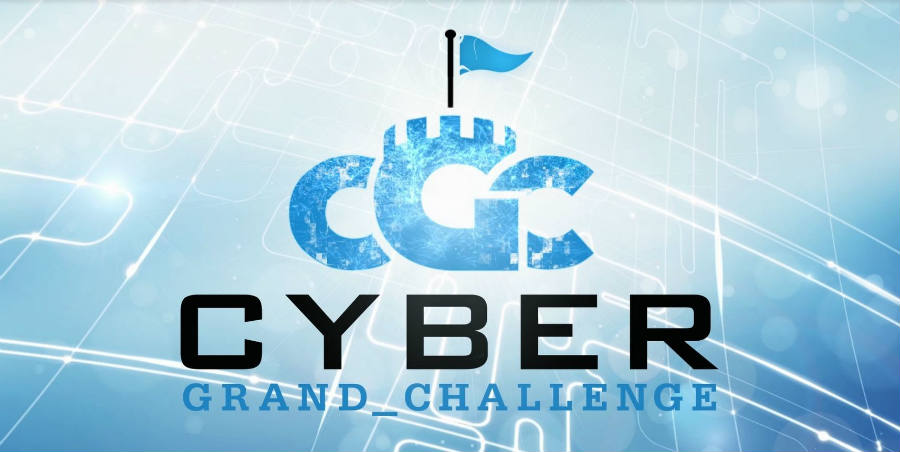LAS VEGAS, Nv. DARPA staged a unique competition where bots are the players and not humans, but still with a public in awe. DARPA’s Cyber Grand Competition is the first head-to-head all out hack competition, and a team from Pittsburgh emerged as champion.
ForAllSecure won the $2 million prize with its cyber security bot. They created an autonomous bot that can repair security vulnerabilities in real time, and it’s called Mayhem.
The challenge is sponsored by the military’s most futuristic brand, the Defense Advanced Research Projects Agency (DARPA), with the goal of enhancing cyber security for all systems.
Mayhem was the best bot-hunting bot of the Grand Cyber Challenge
DARPA wants private industries to create cyber security software that can work without supervision. The goal is to replace people in a task humans don’t excel.
The event is surprisingly popular. A group “Cybercasters” made a play by play commentary for 5,000 spectators watching at seven massive flat screens in the Paris Hotel ballroom. Two renowned hackers, Hawaii John and Ivisig0th, attended and cheered the event, accompanied by the astrophysicist Dr. Hakeem Oluseyi.
The show? Watching machines fighting and vanquishing software flaws in a matter of minutes, even seconds. Lines of bright, multicolored dots moving from one screen to the next served as the plays of the night.
A scoreboard kept the points for each team, counting both defense and attack, and the court was a huge stage built upon 180 tons of water to maintain the temperature of the computers.
“I’m enormously gratified that we achieved the primary goal, which was to provide clear proof of principle that machine speed, the scalable cyber defense is indeed possible,” said DARPA program manager Mike Walker.
ForAllSecure won $2 million at the hacking event
ForAllSecure, a developer of end-user software security, participated in the contest with five other teams. The team won using technology developed at the Carnegie Mellon University.
TechX team nailed the second place with their program, Xandra. They pocketed $1 million, and mechanical Phish ended up in third place with a $750,000 prize. Mayhem won the 12-hour “capture the flag”-like competition, where teams gained points depending on how well their robots “protected the host, scanned the network for vulnerabilities and maintained the correct function of the software.”
The Pittsburg team combined two different algorithms to win: one to search for flaws and other for testing software prone to fail. It was an innovation worth 2 million dollars.
Source: DARPA



